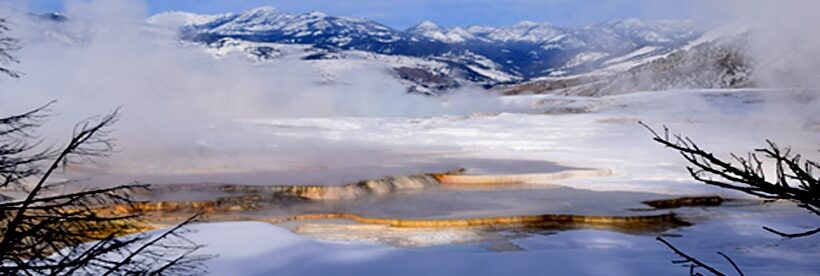In reading through the torrent of recent news on climate change, I’ve come across a few events that stand out. Following is a brief summary of each taken from the original source:
Nicholas Stern: ‘I got it wrong on climate change – it’s far, far worse’
by Heather Stewart and Larry Elliott, The Observer, guardian.co.uk — 26 January 2013
“Lord Stern, author of the government-commissioned review on climate change that became the reference work for politicians and green campaigners, now says he underestimated the risks, and should have been more “blunt” about the threat posed to the economy by rising temperatures.
In an interview at the World Economic Forum in Davos, Stern, who is now a crossbench peer, said: “Looking back, I underestimated the risks. The planet and the atmosphere seem to be absorbing less carbon than we expected, and emissions are rising pretty strongly. Some of the effects are coming through more quickly than we thought then.”
The Stern review, published in 2006, pointed to a 75% chance that global temperatures would rise by between two and three degrees above the long-term average; he now believes we are “on track for something like four”. Had he known the way the situation would evolve, he says, “I think I would have been a bit more blunt. I would have been much more strong about the risks of a four- or five-degree rise.”
[…]
A New Draft of the National Climate Assessment was released for public review in early January 2013
The following text is from the draft’s Introduction – Letter to the American People:
“Climate change, once considered an issue for a distant future, has moved firmly into the present. This report of the National Climate Assessment and Development Advisory Committee concludes that the evidence for a changing climate has strengthened considerably since the last National Climate Assessment report, written in 2009. Many more impacts of human-caused climate change have now been observed. Corn producers in Iowa, oyster growers in Washington State, and maple syrup producers in Vermont have observed changes in their local climate that are outside of their experience. So, too, have coastal planners from Florida to Maine, water managers in the arid Southwest and parts of the Southeast, and Native Americans on tribal lands across the nation.”
The concluding paragraph of the letter states, “This National Climate Assessment collects, integrates, and assesses observations and research from around the country, helping to show what is actually happening and what it means for peoples’ lives, livelihoods, and future. This report includes analyses of impacts on seven selected sectors: human health, water, energy, transportation, agriculture, forests, and ecosystems and biodiversity. This report additionally focuses on the interactions among several sectors at the national level. It also assesses key impacts on the regions of the U.S.: Northeast, Southeast and Caribbean, Midwest, Great Plains, Southwest, Northwest, Alaska and the Arctic, Hawai‘i and the Pacific Islands; as well as coastal areas, oceans, and marine resources. Finally, this report is the first to explicitly assess the current state of adaptation, mitigation, and decision support activities.”
President Obama’s Second Inaugural Speech, 21 January 2013 (taken from the Whitehouse transcript)
[…]
“We, the people, still believe that our obligations as Americans are not just to ourselves, but to all posterity. We will respond to the threat of climate change, knowing that the failure to do so would betray our children and future generations. Some may still deny the overwhelming judgment of science, but none can avoid the devastating impact of raging fires, and crippling drought, and more powerful storms.
The path towards sustainable energy sources will be long and sometimes difficult. But America cannot resist this transition; we must lead it. We cannot cede to other nations the technology that will power new jobs and new industries – we must claim its promise. That is how we will maintain our economic vitality and our national treasure – our forests and waterways; our croplands and snowcapped peaks. That is how we will preserve our planet, commanded to our care by God. That’s what will lend meaning to the creed our fathers once declared.”
